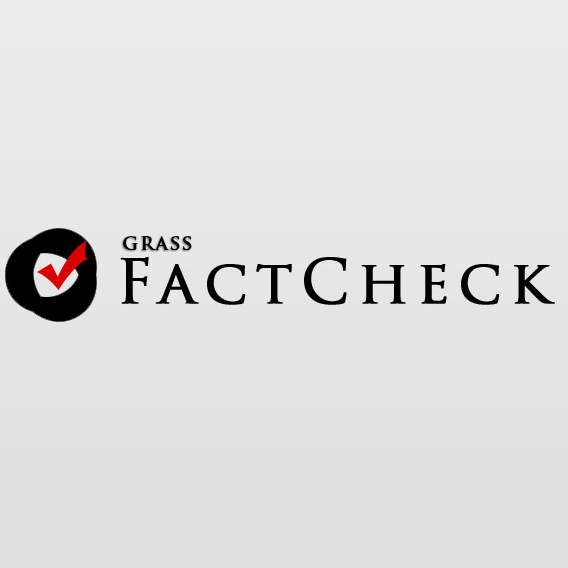On the night of 24 October and the morning of 25 October, anti-opposition TikTok accounts disseminated videos (see screenshots) claiming that electronic devices used for the 26 October elections can identify who the voters voted for. After identification, voters who supported the opposition will be arrested. We recently became a member of TikTok's fact checking program, and these videos were uncovered through that partnership. TikTok has removed these videos for violating Community Guidelines on misinformation.
In reality, vote secrecy is protected at every stage of the voting process. Therefore, the claim that electronic voting machines can determine who the voters voted for is false.
Notably, the anti-opposition TikTok account Avoe.ge was the first to publish a video with the aforementioned claim on 24 October, two days before the elections (see screenshot). FactCheck Georgia has fact-checked disinformation spread by Avoe.ge in the past (see article link 1; link 2; link 3).
Vote secrecy is protected in the Georgian parliamentary elections, both legally and technically. At the initiative of the Central Election Commission (CEC), an audit of the use of electronic technologies in the election was carried out by the US-registered and accredited company Pro V&V. The audit report confirms that the electronic voting process is carefully regulated and structured so that the voter's choice is not disclosed.
The electronic vote counting device is not connected to the internet and there is no connection between the voter verification device and the electronic vote counting device which excludes any possibility of connecting the voters to recorded votes.
The ballot is not numbered and does not contain digital information that could potentially link the voter to their choice. The QR code placed on the ballot only contains the number of the electoral district and the polling station. Therefore, it is impossible to connect a ballot to specific voters.
The independent monitoring organisation, the International Society for Fair Elections and Democracy (ISFED), speaks about the vote secrecy and “reminds citizens that voting is secret and it is impossible to verify the choices made by the voter, including with the electronic technologies used at the polling stations.”
Therefore, without the presence of a special mark on the ballot and a connection between the verification device and the vote counting device, it is physically impossible for the ballot box (or any system or person) to determine to whom the particular ballot belongs and violate vote secrecy.
Notably, the TikTok accounts Avoe.ge, Ubralo kartveli and trends.ge are anti-opposition accounts which often spread discrediting content and disinformation about the opposition (1, 2, 3, 4, 5).
Therefore, claims that vote secrecy will not be protected during Georgia’s 2024 parliamentary elections because of the electronic voting devices and that opposition voters will be arrested are false. These claims aim to mislead the public.







